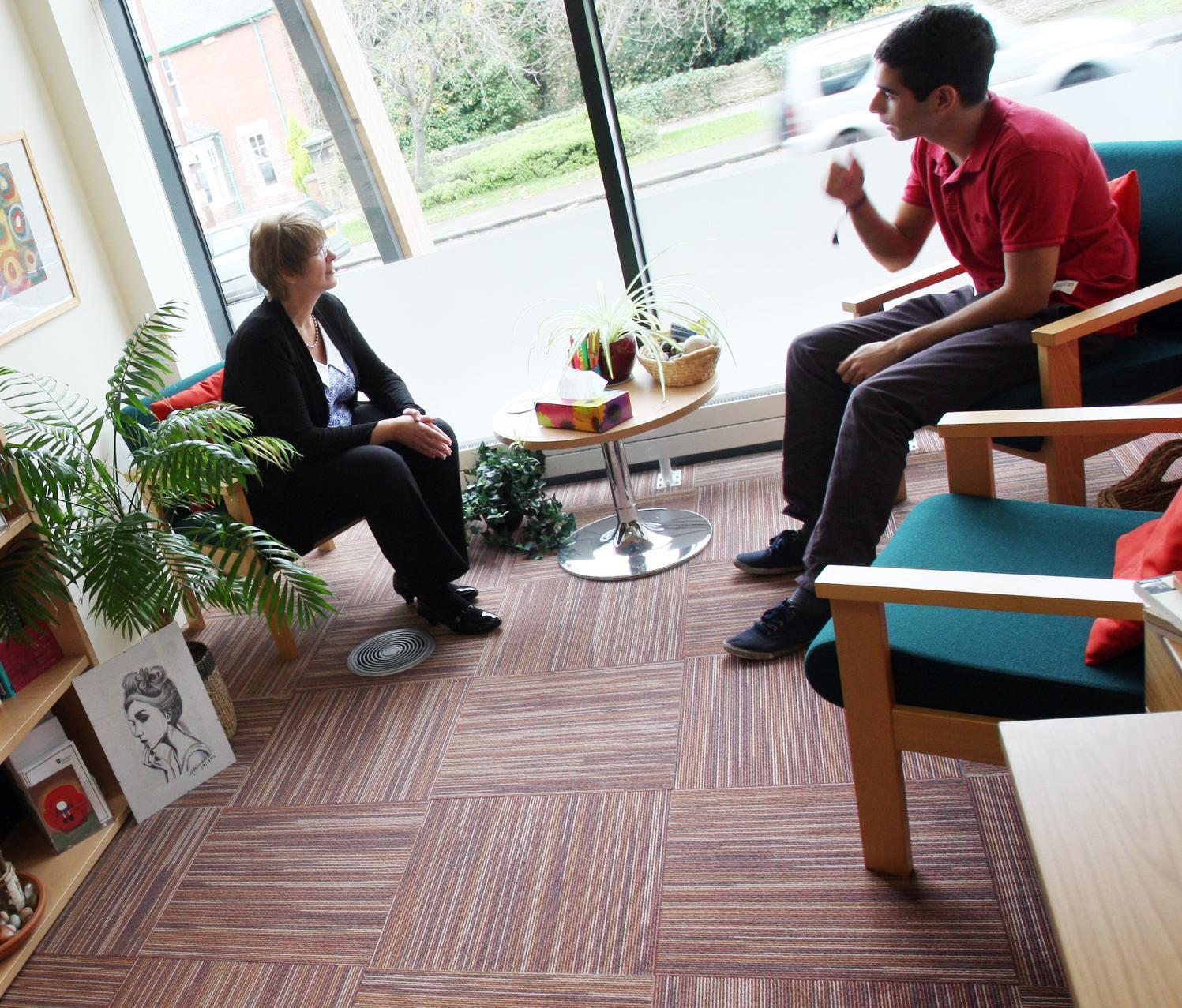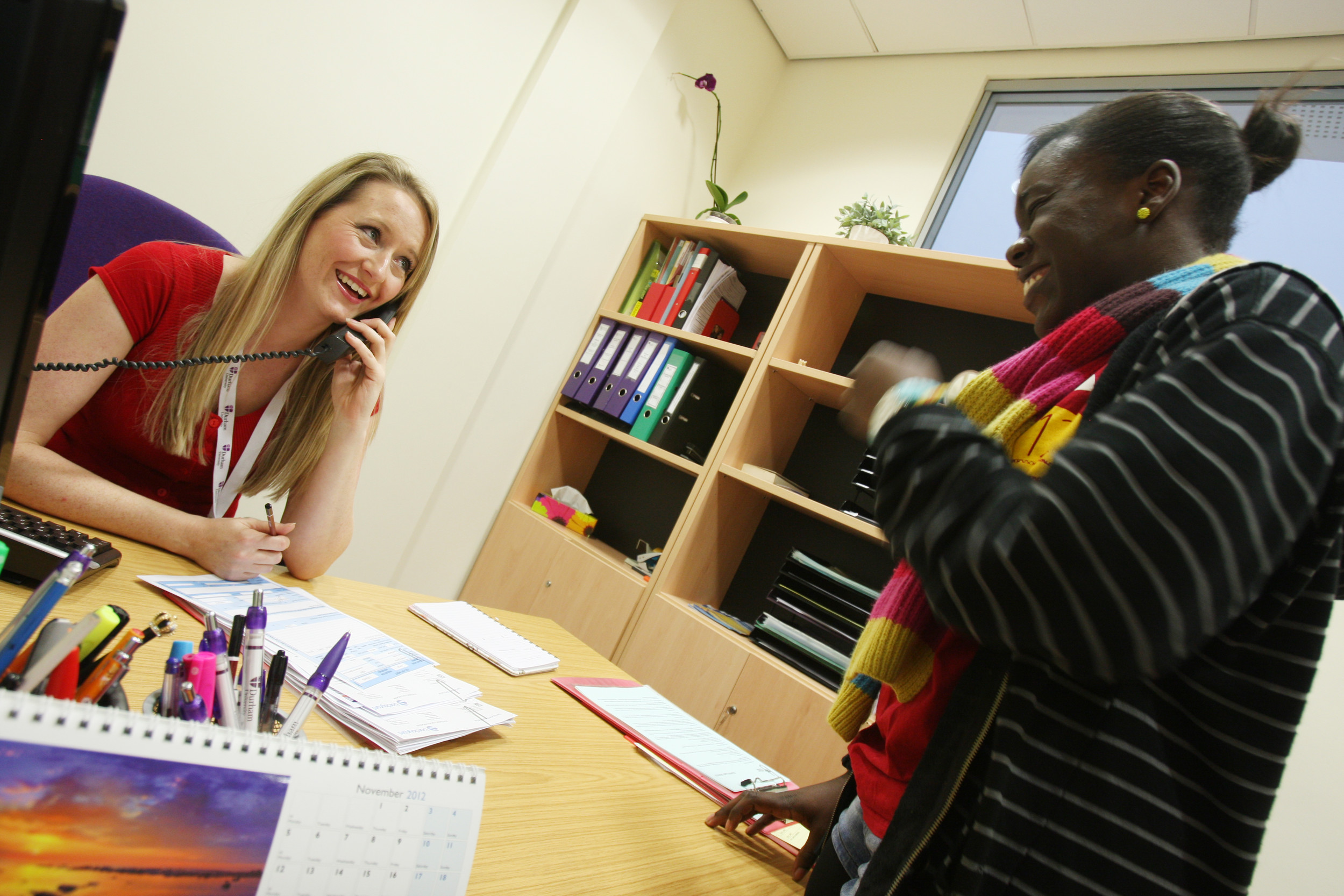Counselling and Mental Health Service
The Counselling and Mental Health Service comprises three teams of trained and experienced practitioners to help students manage any difficulties that are impacting your successful engagement with their studies and with University life. We are available, free of charge, all year round to registered students.
Introduction to the Counselling and Mental Health Service
A brief introduction to the services offered by the Durham University Counselling and Mental Health Service.
About Us
There is widespread interest in student mental health and in the support provision offered by Universities. We have collated a set of the most frequently-requested data on the services offered by the Counselling & Mental Health Service at Durham University. This is summarised for academic years 2017/18 – 2023/24 in the following tables:
- Summary Counselling & Mental Health Service Data
- Data by Year Group
- Data by Demographic Group
- Staffing Levels in the Counselling & Mental Health Service
The Counselling & Mental Health Service offers a range of services to students and staff. For the academic years 2019-24 we have produced an additional table of data to reflect the activities of:
- The Counselling and Psychological Wellbeing teams
- The Mental Health Advice Team
- Training
Counselling & Mental Health Service Activity by Function
This data is limited to the Counselling & Mental Health Service. Durham University has a wide range of support services, including Student Support staff in our residential colleges, Academic Advisors, mentors, chaplains, and our students who work as peer-support through their roles on college or Society committees. It is not possible for us to collate data on the support offered by this broad network. Students are signposted towards the Counselling and Mental Health Service for support when they are experiencing mental health difficulties or are facing distress that is best-served by our specialist team.
We analyse data by academic year, from 1 September to 31 August. Support for our students frequently extends beyond a single term, so we do not collate data on a termly basis. Durham University does not operate a semester programme. We do not collect data on waiting times for services.
Suicide Safer Strategy 2023
We are working with internal and external partners to create a suicide strategy to make Durham University a safer place for students. Further information is available here.
Current Durham University students
Information for students currently attending Durham University who need to access Counselling and Mental Health Services.
Crisis Information
If you or someone you know is at risk, or in urgent need of emotional support, there is information on a range of internal and external resources offering support and guidance.
Services we work with
Information about some of the services we work with.
Discover more
Nilaari
Samaritans
Qwell
Rape and Sexual Abuse Counselling Centre (RSACC)
If u care share
NHS Mental Health Service
NHS Talking Therapies
Humankind
Our Counselling Team is accredited by BACP; our Mental Health Advice team holds membership of UMHAN.
British Association for Counselling and Psychotherapy
Click for more information.
University Mental Health Advisers' Network
Click for more information.
Get in touch
How you can find and contact the Durham University Counselling & Mental Health Service.
Contact Us
Durham University Counselling & Mental Health Service
Palatine Centre
Stockton Road
Durham
DH1 3LE
Telephone: 0191 334 2200


/prod01/prodbucket01/media/durham-university/support-services-/support-hub/School-of-Education-reception-89893-1-1999X431.jpg)


.png)

/prod01/prodbucket01/media/durham-university/support-services-/student-support-and-wellbeing/counselling-service/Screenshot-(105).png)
/prod01/prodbucket01/media/durham-university/support-services-/student-support-and-wellbeing/counselling-service/Screenshot-(97).png)
/prod01/prodbucket01/media/durham-university/support-services-/student-support-and-wellbeing/counselling-service/Screenshot-(98).png)
/prod01/prodbucket01/media/durham-university/support-services-/student-support-and-wellbeing/counselling-service/Screenshot-(99).png)
/prod01/prodbucket01/media/durham-university/support-services-/student-support-and-wellbeing/counselling-service/Screenshot-(101).png)
/prod01/prodbucket01/media/durham-university/support-services-/student-support-and-wellbeing/counselling-service/Screenshot-(102).png)
/prod01/prodbucket01/media/durham-university/support-services-/student-support-and-wellbeing/counselling-service/Talking-Therapies-logo---new.png)
/prod01/prodbucket01/media/durham-university/support-services-/student-support-and-wellbeing/counselling-service/Screenshot-(104).png)
/prod01/prodbucket01/media/durham-university/support-services-/student-support-and-wellbeing/counselling-service/Screenshot-(84).png)
/prod01/prodbucket01/media/durham-university/support-services-/student-support-and-wellbeing/counselling-service/Screenshot-(86).png)
.png)
.png)
/prod01/prodbucket01/media/durham-university/support-services-/student-support-and-wellbeing/45479.jpg)
/prod01/prodbucket01/media/durham-university/research-/research-institutes/biophysical-sciences-institute/biophysical-stock-images/video-conference-5352757_1920%5B1%5D.png)
/prod01/prodbucket01/media/durham-university/support-services-/student-support-and-wellbeing/counselling-service/mhpolicy.jpg)
/prod01/prodbucket01/media/durham-university/departments-/sociology/counselling.jpg)
/prod01/prodbucket01/media/durham-university/support-services-/student-support-and-wellbeing/student-safety/69688.jpg)
/prod01/prodbucket01/media/durham-university/support-services-/student-support-and-wellbeing/counselling-service/coffee.jpg)
